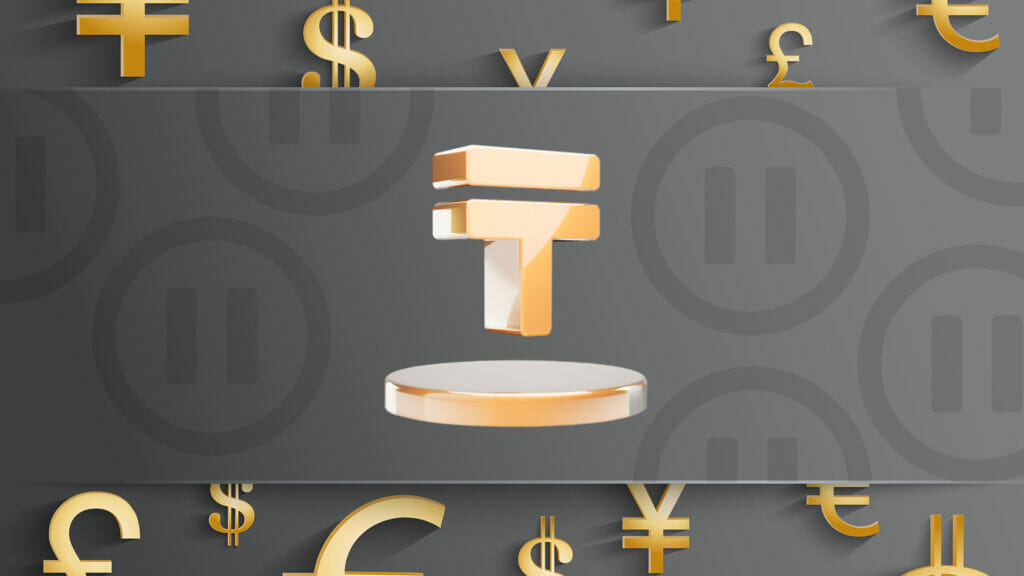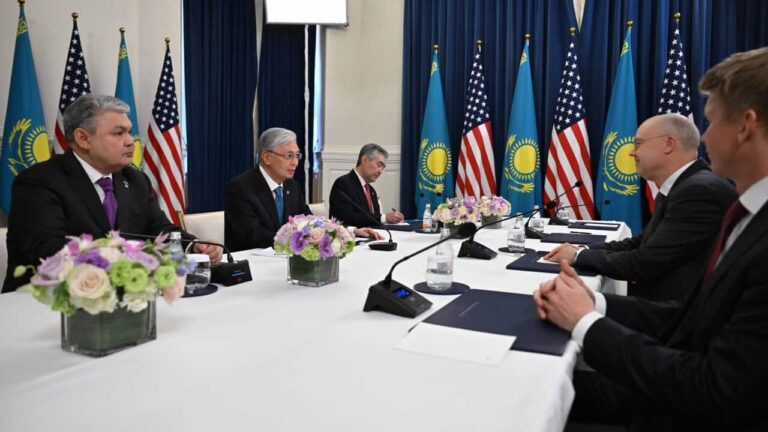
The government of Kazakhstan has suspended the force of the rule that requires quasi-state exporters to sell 30% of their export revenue. The new rule is going to last until January 1, 2025, according to the National Bank.
«Given that the foreign currency market is quite balanced and with the intention to expand the room for quasi-state companies in terms of better managment of their cash flows, the government of the Republic of Kazakhstan has suspended the rule on mandatory sale of 30% of foreign currency revenue. The decision will be in force until January 1, 2025,» the government said in a statement.
The country’s authorities introduced the rule on mandatory sales of foreign currency revenue in 2020 when the COVID-19 pandemic hit Kazakhstan’s economy. At the meeting of the State Commission on Emergency Situation in March 2020, President Kassym-Jomart Tokayev instructed the National Bank, the cabinet and heads of quasi-state companies to ensure that companies of the quasi-state sector sell part of their export revenue on the country’s foreign exchange market. As the National Bank explained, the rule was targeted at exporting enterprises, including subsidiaries of the Samruk Kazyna national holding, where the government has a share of more than 50%.
In February 2023, the requirement on mandatory selling of export revenue was lowered from 75% to 50%, and then from 50% to 30% in July 2023.
In August 2015, the National Bank switched to a floating exchange rate of the tenge. As of August 20, 2015, the exchange rate of the tenge against the U.S. dollar was 188.38 tenge. Eight years later, on August 20, 2023, this rate is 461.71 tenge. Apart from the mandatory selling of export revenues, the National Bank is occasionally selling assets from the National Fund. The regulator transfers this money into the state budget. Even though the National Bank can make foreign exchange interventions, it rarely does so.













